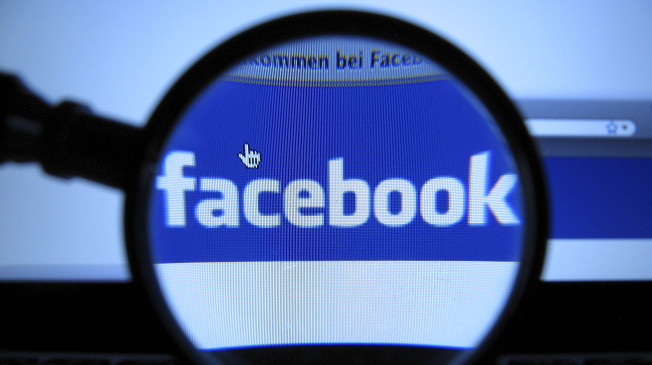Let me share a few thoughts on the late afternoon Washington Post story about a Russian firm purchasing targeted ads on Facebook during the 2016 election. To use some highly latinate words, I think this is more suggestive than dispositive. But it is highly interesting.
First some key points.
The amount of money involved is minuscule by any campaign standard: $100,000. The Russian connection doesn’t seem ironclad or proven: more stuff like digital footprints and the like. To be clear, I assume that part is true. I’m just pointing out the nature of the evidence, at least as presented in the Post article.
Two other points are key. First, we assume this happened. Russian intelligence operatives or those working on their behalf used bots, paid social media cubicle drones and targeted ads on Facebook. Facebook had resisted these claims. But US intelligence has treated that as a given and most discussions of the disruption campaign have also treated it as such. Finally, to state the obvious, there’s no evidence here of collusion.
None of this is to diminish the significance of this new information. It’s more that it provides some detail and public evidence of what we’d already assumed had happened. This is just some detail.
What is highly interesting to me is the reference to the ‘Internet Research Agency’, which is either a Russian intelligence front or the work of a Putin-aligned oligarch who does work on behalf of Putin and the Russian state. That’s the Russian company apparently doing the buying and then pumping up those ads with its army of trolls and fake accounts. This is the St. Petersburg ‘troll farm’ that Adrian Chen chronicled in that seminal 2015 New York Times Magazine that I’ve referenced numerous times.
I’ve always been a huge admirer of Chen’s since way back when he was at Gawker. Mainly he’s just a good writer and reporter. But his stories were usually ones that you’d never think were stories. You wouldn’t think the subject matter even existed (or wished it didn’t) or if they did that they were worthy of being stories. They were outlandish, bizarre, sometimes grotesque. But either at the time of publication or sometimes months or years later you’d realize they weren’t examples of random exoticism but actually topics of great significance operating outside of mainstream public view.
When I first read the 2015 troll farm piece I was amazed. The whole idea sounded preposterous and unreal. Some major operation in Russia – either informally or formally tied to the state – was investing lots of time and money building networks of bots and propaganda accounts to disrupt conversations, build counter-narratives and even test fire elaborate and potentially lethal hoaxes in the United States. Many of us have long known that teenagers with personality problems and sociopaths do this stuff. But this was an operation at scale, sophisticated and state-backed. What was it for and what was the end game? (Here are two posts from last year where I try to answer that question: one and two.)
In any case, some time after the troll farm piece ran, Chen noticed that a number of the accounts he had identified spreading conspiracy theories about Ebola or other fake stories had rebranded as Trump/MAGA accounts. It’s quite fascinating. The Trump revelation comes in a December 2015 podcast interview Chen at longform.org. He clearly didn’t think that much of it at the time. It comes up sort of parenthetically at about 35:12 into the podcast. But there it is: perhaps the political scandal of the early 21st century, months before anyone had any inkling of it, briefly sketched in its outlines. The momentary exchange still amazes me. Here it is.
Chen said: “A lot of them have turned into like conservative accounts, like fake conservatives. I don’t know what’s going on but they’re all like tweeting about Donald Trump and stuff.” Interviewer: “Who’s paying for that?” Chen: “I don’t know … I feel like maybe it’s some kind of really opaque strategy of like electing Donald Trump to undermine the US or something.”
It was that outfit, the ‘Internet Research Agency’ that was buying the Facebook ads. It all fits with what we think we know. But that’s a very interesting development. It also seems to be highly unlikely, to me least, that this is all that happened. Was it just this $100,000 of ads? I doubt it. It seems to me that most of this kind of stuff would be done through digital cut-outs, proxies and other ways to hide who was behind them.
I think there’s much more to learn.






